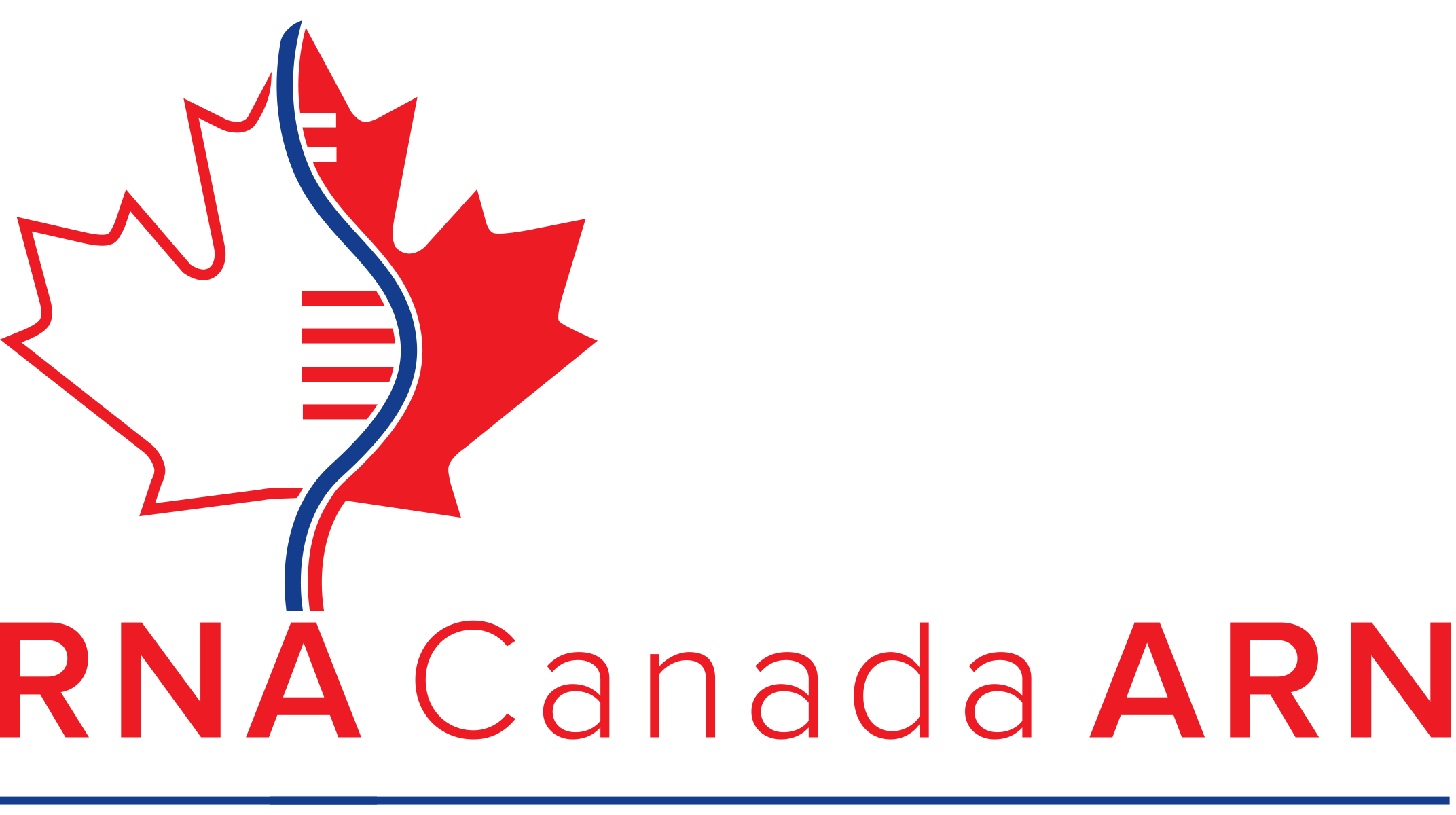Purpose
RNA Canada ARN recognizes that equity, diversity, and inclusion strengthen the
RNA Canada ARN research community, its research output, innovation, and
impact as well as the opportunities for all trainees and researchers. Accordingly,
RNA Canada ARN is committed to creating equitable, diverse, and inclusive
environments where all members of RNA Canada ARN, members of the broader
Canadian RNA research community, and its stakeholders and partners feel
welcome.
RNA Canada ARN research community, its research output, innovation, and
impact as well as the opportunities for all trainees and researchers. Accordingly,
RNA Canada ARN is committed to creating equitable, diverse, and inclusive
environments where all members of RNA Canada ARN, members of the broader
Canadian RNA research community, and its stakeholders and partners feel
welcome.
Principles
- RNA Canada ARN recognizes that unconscious and systemic barriers exist
for members of underrepresented or disadvantaged groups including, but not
limited to, women, Indigenous Peoples (First Nations, Inuit and Métis),
persons with disabilities, members of visible minority/racialized groups and
members of the 2SLGBTQIA+ (Two-Spirit, Lesbian, Gay, Bisexual,
Transgender, Queer and/or Questioning, Intersex, Asexual) communities.
Moreover, RNA Canada ARN acknowledges that people with intersectional
backgrounds encounter particular barriers. - RNA Canada ARN aims to be a safe and welcoming place for all people
where all members and partners are respected. - Every member has the right to engage free of discrimination and harassment.
- RNA Canada ARN does not tolerate behaviour that violates principles of
equity, diversity, and inclusion, and is committed to prevent such behaviours. - RNA Canada ARN is committed to educating and informing all members on
issues associated with equity, diversity, inclusion, antiracism, indigenization,
reconciliation, discrimination, harassment, and other related topics.




